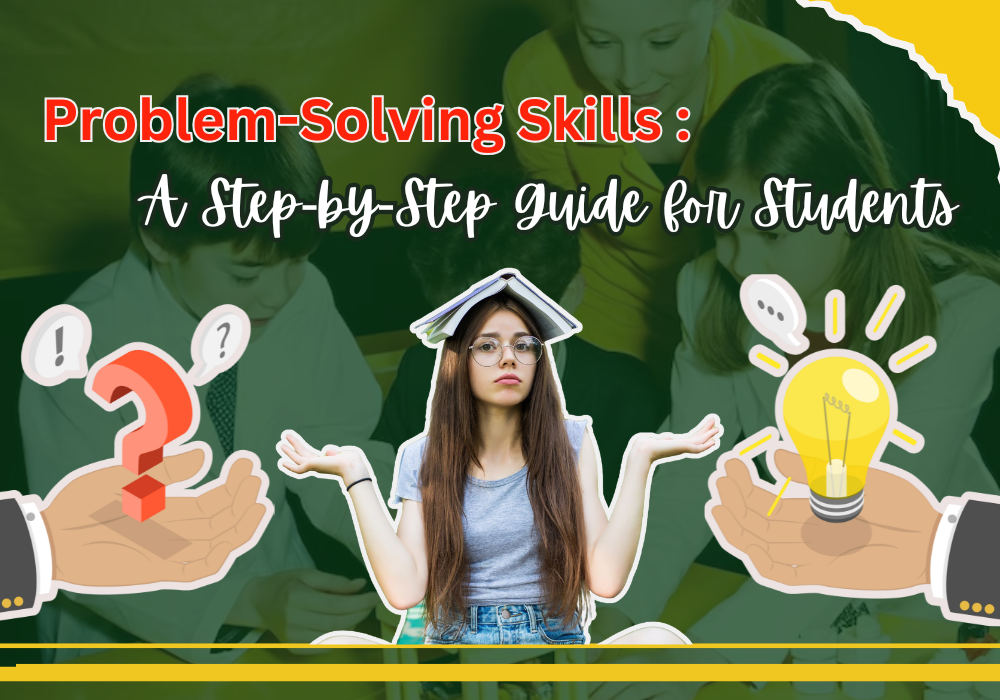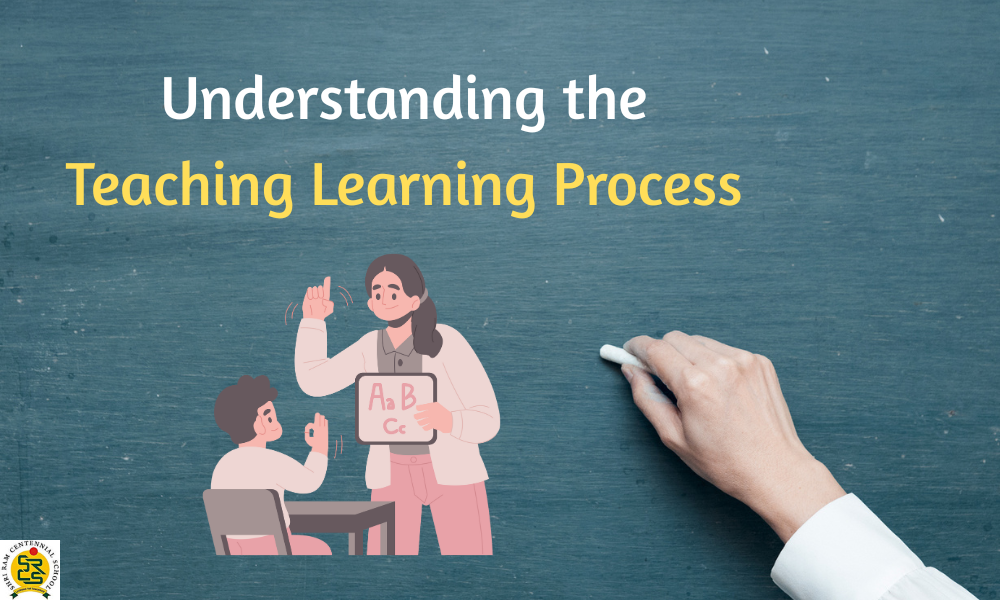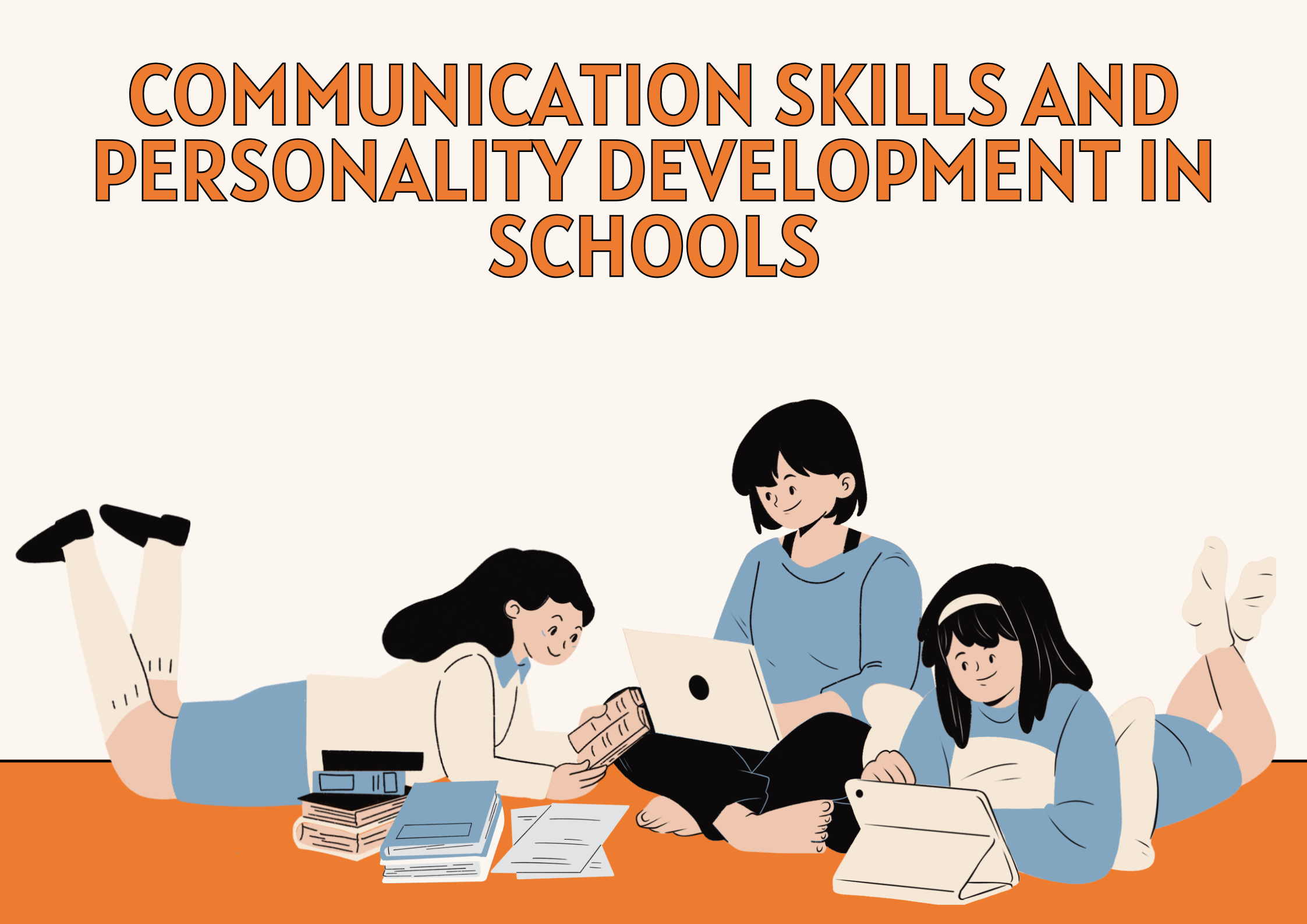In today’s fast-paced world, the ability to solve problems effectively has become a cornerstone of success for students. Problem-solving skills are not just a requirement for academic excellence; they are crucial life skills that pave the way for personal and professional growth.
Boarding schools in Dehradun also play a significant role in fostering these essential skills through their holistic approach to education. Parents and educators alike recognize the value of nurturing these skills in young minds.
Whether a student is tackling a math problem, resolving a conflict with peers, or thinking creatively to innovate, problem-solving skills form the backbone of their approach to challenges. Institutions like Shri Ram Centennial School emphasize the importance of these skills, integrating them into their curriculum to prepare students for a dynamic future.
Why Are Problem-Solving Skills Important?

Problem-solving skills empower students to think critically and make informed decisions. In an academic setting, these skills help students approach complex subjects with confidence and find solutions that are logical and practical.
Beyond academics, problem-solving prepares students for real-world situations where adaptability and critical thinking are essential. For parents, fostering these abilities in their children means equipping them with tools to handle life’s uncertainties with resilience and optimism.
When students develop problem-solving skills, they gain the ability to break down complex problems into manageable parts.
This systematic approach reduces anxiety and helps them maintain focus, whether they are working on a challenging project or addressing interpersonal issues. Moreover, strong problem-solving skills contribute to better communication and teamwork, essential qualities for success in any field.
A Step-by-Step Approach to Developing Problem-Solving Skills
Building problem-solving skills involves a structured process that students can follow to approach any challenge effectively. The first step is identifying the problem clearly. Without a precise understanding of the issue, it’s easy to feel overwhelmed.
Encouraging students to articulate the problem in their own words helps them grasp the core of the challenge and sets the stage for resolution.
Once the problem is identified, the next step is brainstorming potential solutions. Here, creativity and open-mindedness are key. Students should feel free to propose even unconventional ideas, as this fosters innovative thinking.
Educators and parents can support this process by creating a judgment-free environment where students feel comfortable exploring different possibilities.
After brainstorming, it’s time to evaluate the proposed solutions. Students should weigh the pros and cons of each option, considering factors such as feasibility, time, and resources.
This analytical step hones their critical thinking skills and teaches them to make informed decisions. Once a solution is chosen, implementing it becomes the next focus.
At this stage, students learn the value of persistence and adaptability, as real-world execution often involves adjustments and problem-solving on the go.
The final step in the problem-solving process is reflection. After implementing a solution, students should assess its effectiveness and learn from the experience. Reflection helps students recognize what worked, what didn’t, and how they can improve their approach in the future. This step reinforces a growth mindset, which is crucial for continuous learning and development.
How Parents Can Support Problem-Solving Skills

Parents play a pivotal role in developing their children’s problem-solving skills. By encouraging curiosity and asking open-ended questions, parents can stimulate critical thinking.
For example, instead of providing direct answers, they can guide their children with questions like, “What do you think might work?” or “How would you approach this challenge?” This approach nurtures independence and builds confidence in their ability to tackle problems.
Another effective strategy is involving children in family decision-making. Whether it’s planning a vacation or resolving a household issue, including children in these discussions exposes them to real-world problem-solving scenarios. Parents can model calm and logical thinking, demonstrating how to approach challenges constructively.
Problem-Solving Skills in the Classroom
In schools, educators play a crucial role in fostering problem-solving skills. By integrating project-based learning, group activities, and real-life case studies into the curriculum, teachers can create an environment where students are constantly challenged to think critically.
Encouraging collaboration and dialogue among students further enhances their problem-solving abilities.
For instance, assigning group projects allows students to experience different perspectives and learn the value of teamwork in solving complex problems.
Similarly, role-playing exercises can help students practice resolving conflicts and making decisions under pressure. Classrooms that prioritize problem-solving skills prepare students for a world that demands adaptability and innovation.
The Long-Term Benefits of Problem-Solving Skills

Problem-solving skills offer lifelong benefits that extend far beyond the classroom. Students who excel in problem-solving are better equipped to handle the challenges of higher education and professional life. These skills enhance their ability to think critically, communicate effectively, and adapt to changing circumstances—qualities that are highly valued in any career.
Moreover, strong problem-solving skills contribute to personal growth. They enable students to approach life with a positive mindset, viewing challenges as opportunities rather than obstacles. This resilience helps them navigate setbacks and emerge stronger, a trait that is indispensable in today’s unpredictable world.
For parents, investing in their children’s problem-solving skills means giving them a foundation for a successful and fulfilling life. Whether through supportive conversations at home or enrolling them in schools that emphasize holistic development, parents can ensure their children are well-prepared to face the future with confidence.
Conclusion
Problem-solving skills are more than just a tool for academic success; they are a vital life skill that shapes students into independent, capable individuals.
By fostering these skills through structured approaches, supportive environments, and practical applications, parents and educators can help students unlock their full potential.
With institutions like Shri Ram Centennial School championing the importance of problem-solving, students are better equipped to thrive in a competitive and ever-changing world. Empowering students with these skills today ensures they are ready to lead tomorrow.










